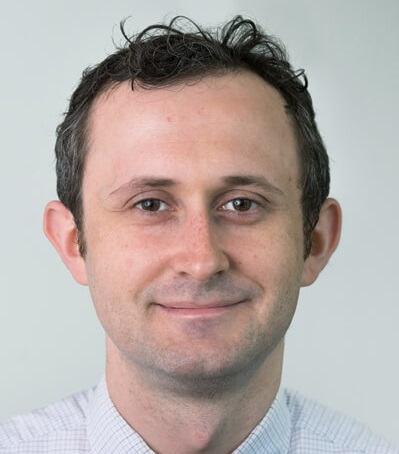 To all our new doctors, first off, congratulations on surviving years of monotonous pre-clinical lectures, bewildering elective attachments, and dreaded finals. You made it! Second, yikes, I know that in all of your fastidious preparation, you, I, and everyone else were not expecting . . . all this.
To all our new doctors, first off, congratulations on surviving years of monotonous pre-clinical lectures, bewildering elective attachments, and dreaded finals. You made it! Second, yikes, I know that in all of your fastidious preparation, you, I, and everyone else were not expecting . . . all this.
On and off over the past few years, I have written irreverent advice directed toward newly appointed junior doctors with some wryness and heartfeltness thrown in for good measure. But these are not exactly irreverent times. For that matter, some of you have already been working as doctors for months. If anything, you likely have lessons for the rest of us: lessons in bravery, lessons in dealing with lives and plans turned upside down, and lessons in providing care in a health system strained to the point where every further creak and crack feels like the last sound before the whole system collapses in what electrical engineers call a cascading failure.
So firstly, thank you. Second, here is some (more) unsolicited advice, which I hope you find helpful.
It is OK to be afraid (I know I am)
Once a friend of mine during foundation year one (FY1) was taking an advanced life support (ALS) course for the first time. Next to him was a senior medical registrar who had not only taken the course at least three times, but who also had led dozens of responses to cardiac arrests with aplomb. As their group was told that each individual member would have to lead a simulated ALS response, my friend vividly remembers the registrar leaning over to him and whispering, “I don’t know about you, but I’m nervous!”
The truth is, despite sometimes feeling it is only you, everyone in the hospital has felt and possibly even currently feels the same as you do and will. Covid-19 has only intensified everyone’s emotions by a factor of roughly a million. Acknowledge your fear. Owning up to it in the same way as that registrar (who was amazing by the way) is not a sign of weakness; it is a sign of strength.
Find support, but also provide some
Medicine suddenly becomes a lot more stressful when you have lives and a license on the line. During my first year, it was always a relief when I could tell my tales of woe or occasional triumph to my fellow FY1s in the mess, hallway, or pub.
In this age of physical distancing, it will be more difficult to be there for one another. But in medicine, as with life, you should share the good, as well as accept some of the weight of your colleagues’ burdens. Sometimes that means being there to help a friend talk over a rough night, a tricky case, or—inevitably and always sadly—a first death.
Take care of yourself
Furthermore, in order to take care of your patients, you need to remember to take care of your single, most powerful advocate—yourself. Being responsible for patients, discovering their problems, and fixing what you can fix is one of the best feelings in the world. It can be hard to let go of that feeling and turn “off.” Just as hard is the realisation that life in the hospital will go on without you. But it must and you must let it.
Because of how intense medicine can get, it is absolutely necessary to find ways to rejuvenate away from it. Whether by reading a book, taking a bath, or streaming an episode of the latest prestige drama (Normal People was great by the way), you owe it to yourself and your patients to return each day with a modicum of your tank refilled.
The nurses will save your skin again and again
Always be nice to them. This is a truism for the ages.
Lastly, you have got this
Covid-19 has been a tragedy across both sides of the Atlantic. But as a new doctor, the same principles as before covid-19 apply: do your best. Just do that and you will be spectacular. Then one day, you too may have a new, wet-behind-the-ears junior doctor looking to you for guidance. And you will whisper to them: “So, first pandemic, huh? . . . I don’t know about you, but I’m nervous.”
Martin Kaminski is a medical resident at Cambridge Health Alliance and a clinical fellow at Harvard Medical School. He was previously a junior doctor based in London. Twitter @martinkaminski
Competing interests: None declared.
